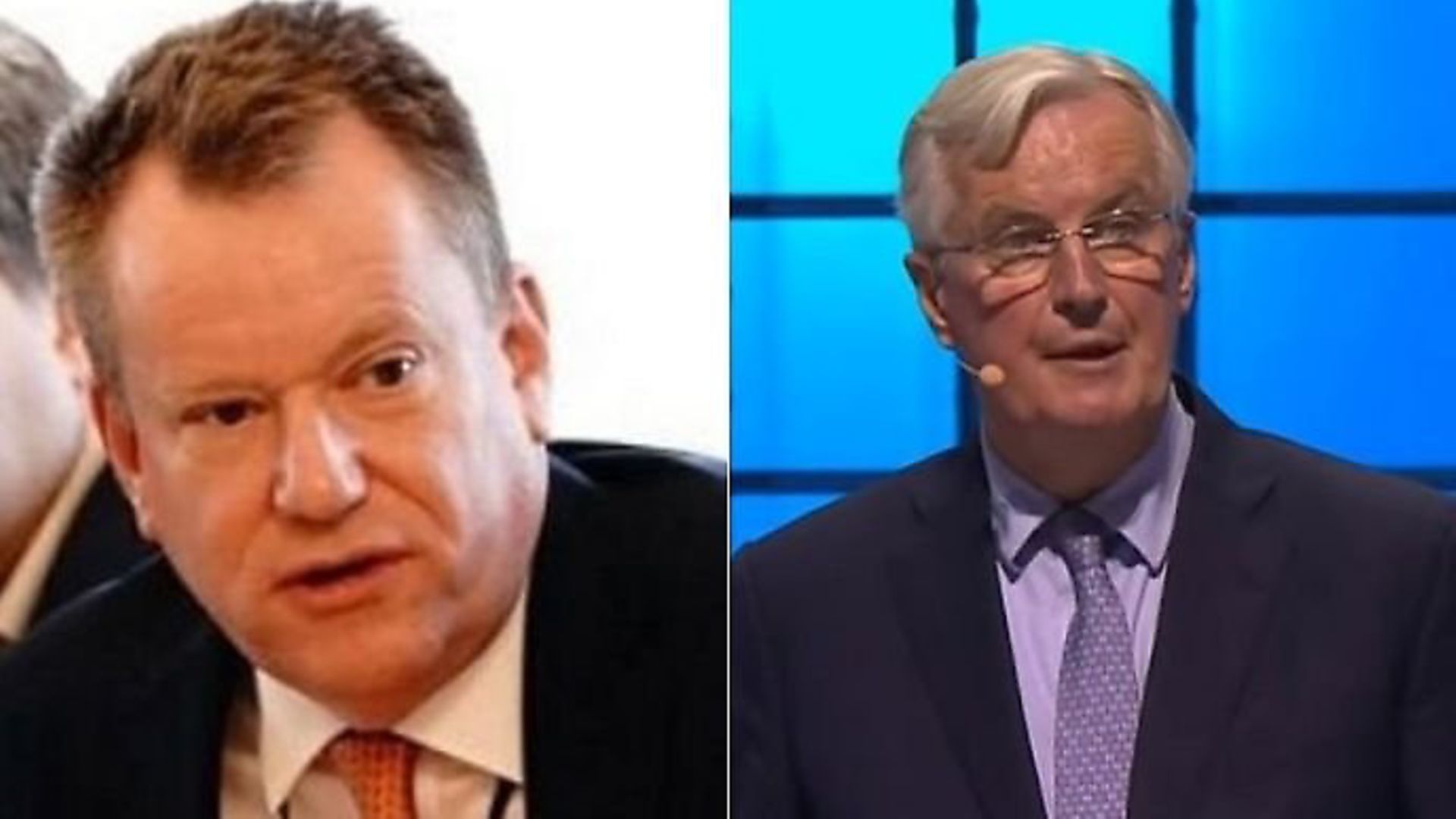
British trade experts have warned that the UK’s demands for a ‘Canada-style’ Brexit trade deal with the EU are ‘unrealistic’.
UK trade experts claim that the UK is placing unrealistic demands on EU negotiators to seed ground in trade talks after reviewing the country’s latest draft trade proposals.
David Henig, director of the UK trade policy project and a former trade negotiator, said the UK was ‘cherry-picking’ what it liked about EU membership.
‘[The UK is] looking for more than Canada, Korea or Japan in exchange for the same — or probably even less — in terms of level playing field provisions,’ he told the FT.
Sam Lowe from the think tank, the Centre for European Reform, said certain demands, such as automatic recognition of British qualifications, went ‘far beyond’ what the EU offered other trading partners like Japan and Canada.
‘The British request to have British qualifications recognised by default, subject to terms and conditions, goes far beyond the EU-Japan deal, or the CETA (Comprehensive Economic and Trade Agreement) deal with Canada,’ he said.
‘This is not necessarily impossible but it is not the kind of things the EU hands readily in its free trade agreements.
The warning follows another round of failed Brexit trade talks which ended last week. The EU’s chief negotiator, Michael Barnier, labelled the lack of progress as ‘disappointing’.
‘To make progress in this negotiation — if it is still the UK’s intention to strike a deal with the EU — the UK will have to be more realistic,’ he told reporters.
‘It [the UK] will have to change strategy. You cannot have the best of both worlds,’ he added.
The UK government released a draft comprehensive trade deal, consisting 12 separate texts, yesterday, after originally opposing the move.
The publication comes as the UK’s lead Brexit negotiator David Frost tried to ramp up pressure on Barnier to accept British demands in an ‘angry’ letter he sent on Tuesday.
In it, he called the EU an ‘unworthy’ partner who should ‘think again’ about its demands on the UK.
He tried to downplay EU warnings that the UK’s size and proximity to Europe meant it should be treated differently, calling requests to have the UK subjected to European Court of Justice rulings as ‘unprecedented’.
Warning: Illegal string offset 'link_id' in /mnt/storage/stage/www/wp-includes/bookmark.php on line 357
Notice: Trying to get property 'link_id' of non-object in /mnt/storage/stage/www/wp-includes/bookmark.php on line 37






